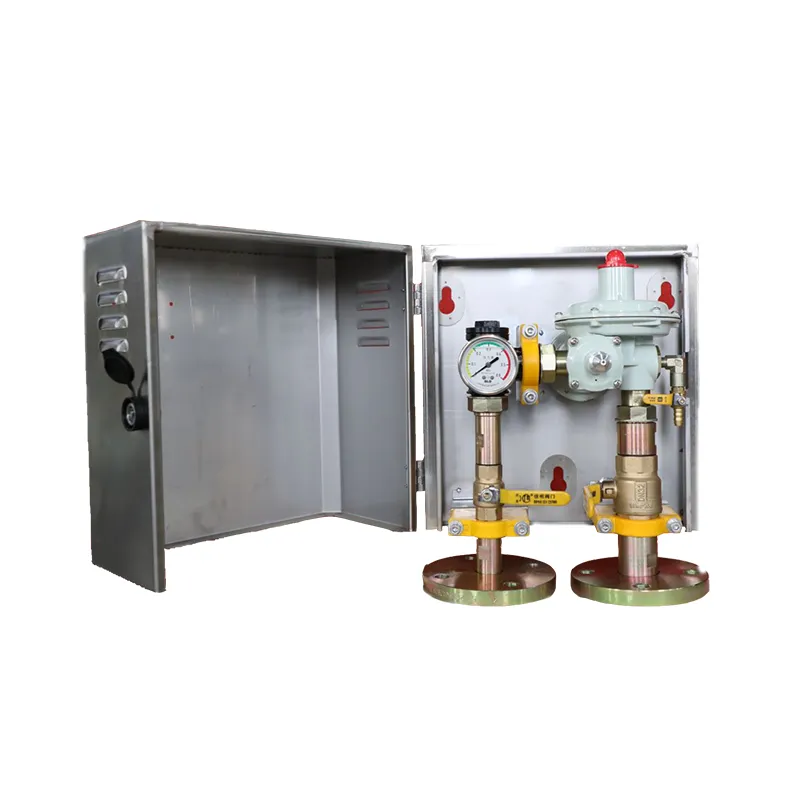
Nov . 25, 2024 14:24
Back to list
Natural Gas Distribution Facilities and Their Role in Energy Supply Systems
The Importance of Natural Gas Distribution Stations
Natural gas distribution stations play a pivotal role in the energy infrastructure, serving as the backbone of the natural gas supply chain. These facilities are essential in ensuring that natural gas is safely and efficiently delivered from large pipelines to homes, businesses, and industries that depend on this clean and versatile energy source.
At its core, a natural gas distribution station acts as a transition point where high-pressure gas from transmission pipelines is reduced to a lower pressure suitable for end-users. This process not only involves pressure regulation but also filtration and odorization to ensure safety. Natural gas is odorless, so a special chemical, typically mercaptan, is added to give it a distinct smell, alerting consumers to any leaks.
The significance of these stations extends beyond just the distribution of natural gas. With the increasing emphasis on cleaner energy sources, natural gas is often viewed as a bridge fuel toward a more sustainable energy future. Its ability to burn cleaner than coal or oil means that the reliance on natural gas can help reduce greenhouse gas emissions significantly, making distribution stations crucial in the transition to a sustainable energy landscape.
natural gas distribution station

Additionally, advancements in technology have enhanced the efficiency and safety of natural gas distribution stations. Modern facilities incorporate sophisticated monitoring systems that can detect leaks, gauge pressures, and manage flows, ensuring that natural gas is delivered reliably and safely. Furthermore, with the rise of renewable energy, some distribution stations are beginning to integrate biogas into the natural gas supply, further diversifying energy sources and reinforcing energy security.
The operation of natural gas distribution stations also contributes to job creation and economic growth. These facilities require skilled workers for maintenance, operation, and monitoring, thus providing employment opportunities in local communities. Moreover, having a stable natural gas supply promotes local businesses, as it provides them with a reliable energy source at competitive prices.
In conclusion, natural gas distribution stations are not just logistical hubs; they are essential components of the modern energy infrastructure. By ensuring the safe delivery of natural gas to consumers, these facilities foster economic growth, promote cleaner energy use, and enhance community resilience. As we move toward a more sustainable future, the role of natural gas distribution stations will be more critical than ever, balancing the need for energy security with environmental stewardship.
Next:
Latest news
-
Safety Valve Spring-Loaded Design Overpressure ProtectionNewsJul.25,2025
-
Precision Voltage Regulator AC5 Accuracy Grade PerformanceNewsJul.25,2025
-
Natural Gas Pressure Regulating Skid Industrial Pipeline ApplicationsNewsJul.25,2025
-
Natural Gas Filter Stainless Steel Mesh Element DesignNewsJul.25,2025
-
Gas Pressure Regulator Valve Direct-Acting Spring-Loaded DesignNewsJul.25,2025
-
Decompression Equipment Multi-Stage Heat Exchange System DesignNewsJul.25,2025

